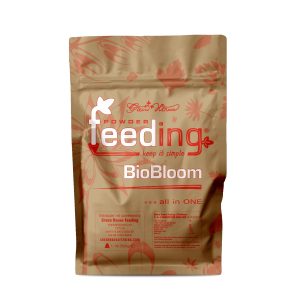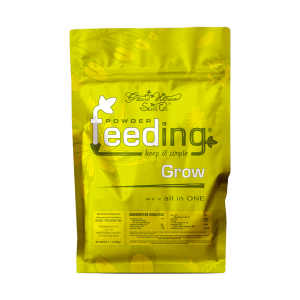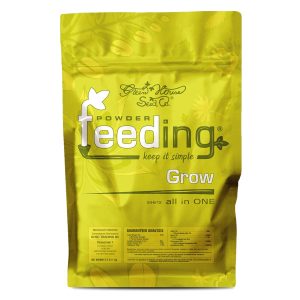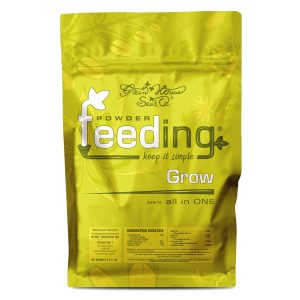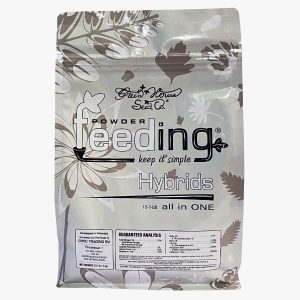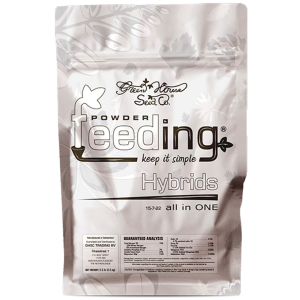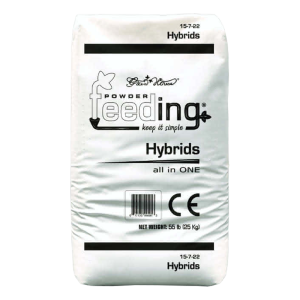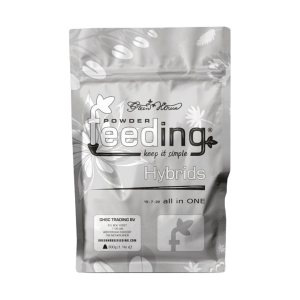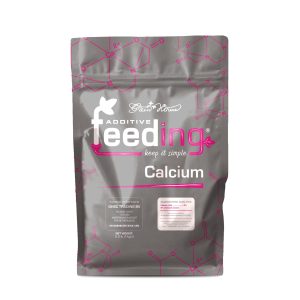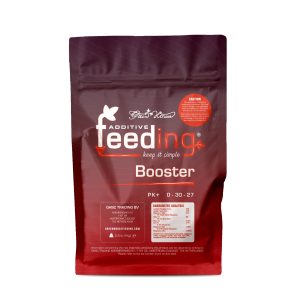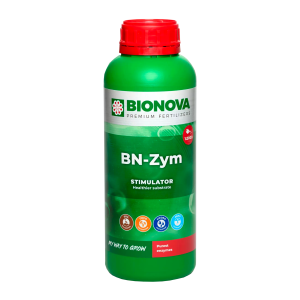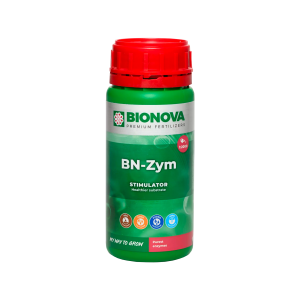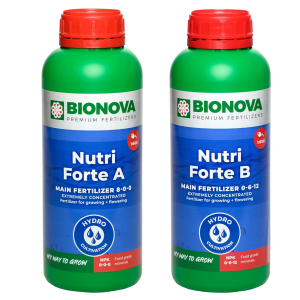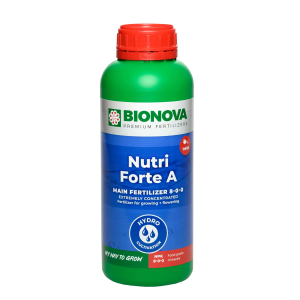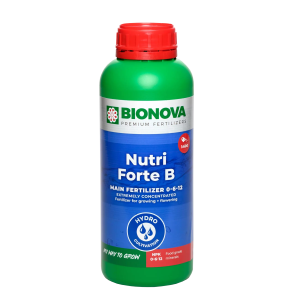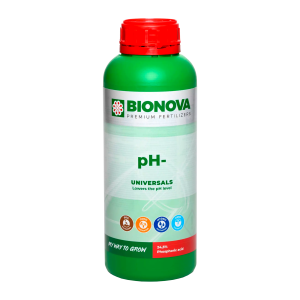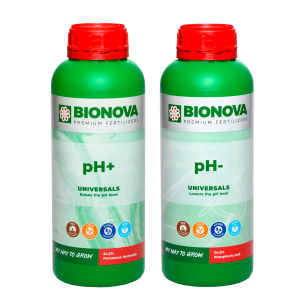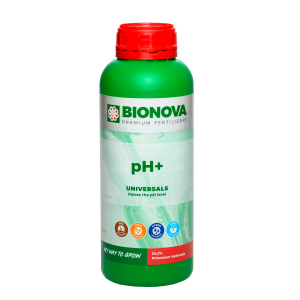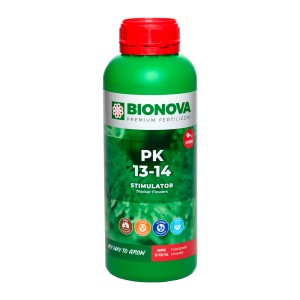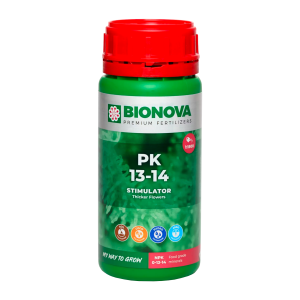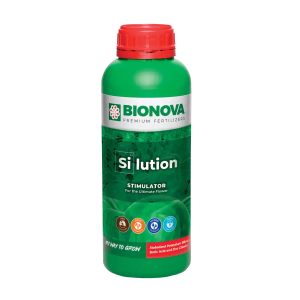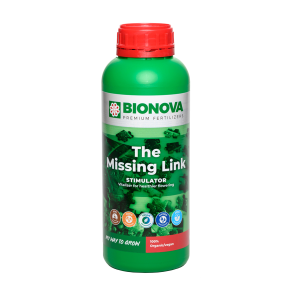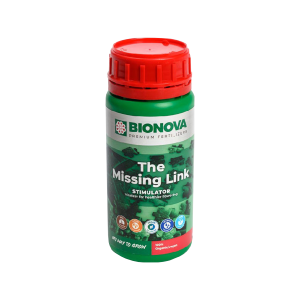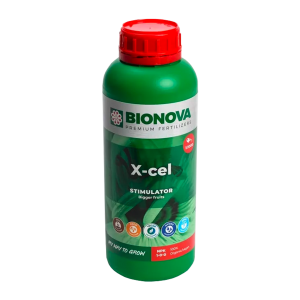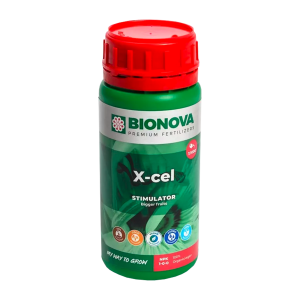Plant Nutrients
- View Product
- View Product
- View Product
- View Product
- View Product
- View Product
- View Product
- View Product
- View Product
- View Product
- View Product
- View Product
- View Product
- View Product
- View Product
- View Product
- View Product
- View Product
- View Product
- View Product
- View Product
- View Product
- View Product
- View Product
- View Product
- View Product
- View Product
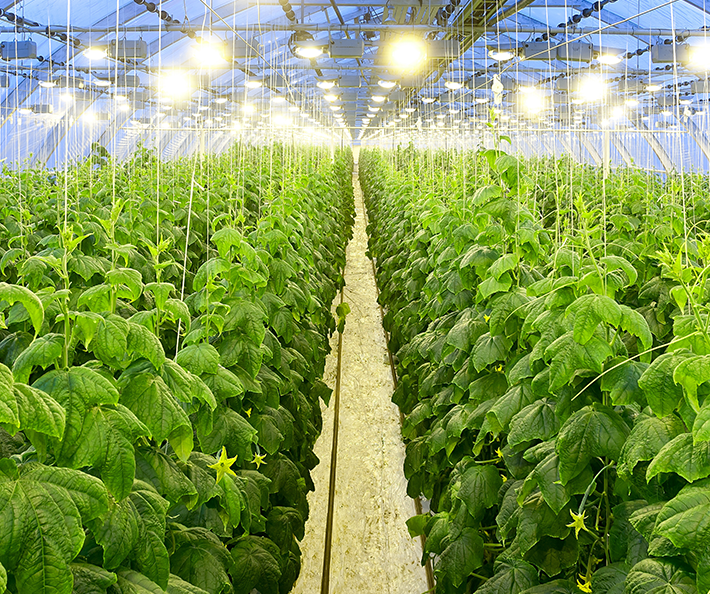
Plant Nutrients
Plant Nutrients: The Essential Building Blocks for Lush Green Growth
In the expansive realm of gardening and plant care, the importance of nutrients is paramount. Whether in natural soil or a specialized growing medium, plants rely on a range of nutrients to flourish. Let’s delve into the world of plant nutrients, deciphering their significance and understanding how they shape the life of a plant.
Understanding Plant Nutrients:
Plant nutrients can be broadly classified into two categories:
- Macronutrients: These are nutrients that plants need in larger quantities. They form the backbone of plant nutrition and are further subdivided into:
- Primary Macronutrients: Nitrogen (N), Phosphorus (P), and Potassium (K). These elements are essential for growth, energy transfer, and protein formation.
- Secondary Macronutrients: Calcium (Ca), Magnesium (Mg), and Sulfur (S). They support cell formation, photosynthesis, and enzyme activation.
- Micronutrients or Trace Elements: While needed in smaller amounts, they are essential for various plant functions. They include Boron (B), Copper (Cu), Iron (Fe), Manganese (Mn), Molybdenum (Mo), Zinc (Zn), and several others.
Why Nutrients Matter:
- Optimal Growth: Nutrients ensure the plant grows tall, full, and vigorous. A deficiency can stunt growth and diminish health.
- Disease Resistance: Proper nutrition fortifies plants, enabling them to fend off diseases and pests more effectively.
- Quality Produce: For fruiting and flowering plants, the right nutrient mix ensures a richer harvest, both in terms of quantity and quality.
Natural vs. Synthetic Nutrients:
- Natural/Organic Nutrients: Derived from organic matter like compost, bone meal, or seaweed. They release slowly and improve soil health.
- Synthetic/Chemical Nutrients: Manufactured products that provide quick nutrition to plants. They are precise but can sometimes harm the soil if used excessively.
Factors to Consider When Feeding Plants:
- Soil Testing: Before adding any nutrients, it’s wise to conduct a soil test. This will indicate any deficiencies or excesses.
- Follow Directions: Whether using organic or synthetic nutrients, always follow the manufacturer’s recommendations.
- Observe & Adjust: Watch for signs of nutrient deficiency (like yellowing leaves) and adjust nutrient levels accordingly.
Conclusion:
Just as a balanced diet is crucial for human health, the right blend of nutrients is vital for plants. Whether you’re cultivating flowers in your backyard, growing vegetables in raised beds, or nurturing houseplants, understanding and supplying the necessary nutrients can make all the difference.
Incorporate this knowledge, provide your plants with what they crave, and watch them thrive in return.
